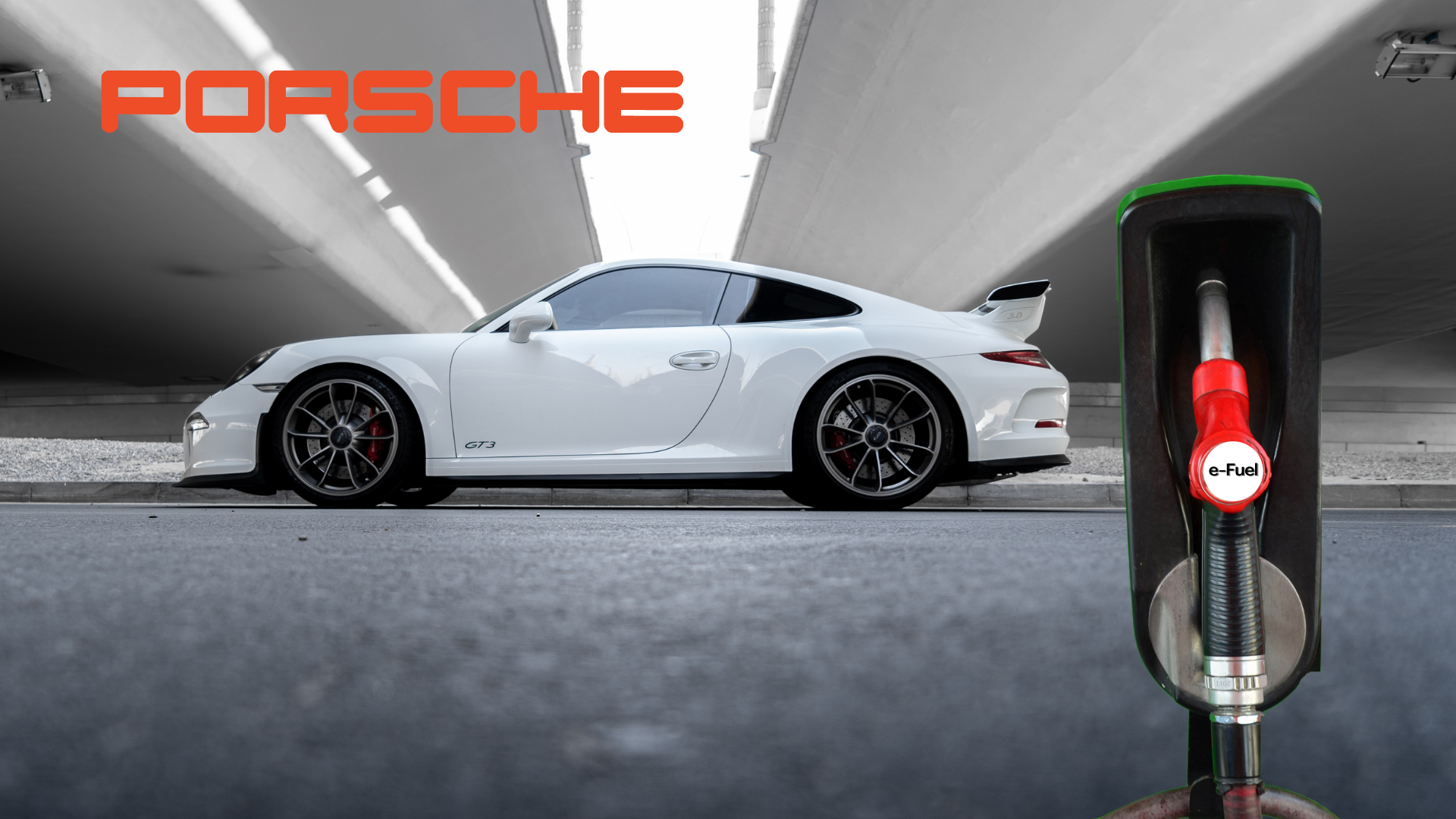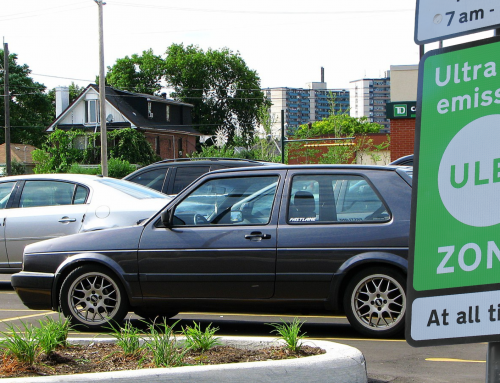Climate change and the demand for ever-greener technology around electric cars is a hot topic. But super brand Porsche says the combustion engine is no write off yet. They’ve developed a synthetic e-Fuel, but could Porsche’s eFuel change the world?
Porsche has been once again strutting its stuff when it comes to combining high-powered performance with the latest green credentials. Having invested millions of pounds into carbon-neutral eFuel R&D, the company has collaborated with Exxon Mobil and Siemens to further their research into cleaner driving.
Fossil fuelled cars will no doubt gradually fall out of favour in the run-up to the 2030 UK ban on combustion vehicle sales. However, the biggest factor for consumers will be around infrastructure, and whether charging points will be fast, cheap and readily available. Unless infrastructure catches up, and soon, the 2050 net-zero target simply won’t be reached. But synthetic or carbon-neutral eFuels might just be able to come to the rescue.
What is eFuel, and what makes it different?
Porsche, alongside fellow group members VW Bentley and Audi, have been working on eFuel for some time. It’s one of a range of synthetic fuels already in existence in many applications.
In some parts of the globe, bio-fuels are a firm fixture of the energy economy. Indeed, in Brazil, most engines are run on E85 grade petrol rich in ethanol. In other parts of South America, it’s common to find bio-diesels made from corn and other organic sources.
Porsche has upped the ante when it comes to this bio-fuel by making a petrol which is synthetic. They have done this by using a combination of pure carbon and green hydrogen. Pure carbon is extracted using atmospheric carbon capture processes. Quite simply, it’s even cleaner. Raw fuel or eMethanol, which is created during the carbon capture process, is turned into high-octane fuel—this fuel which can then be used in most combustion engines being driven in cars today.
Construction of Porsche’s new eFuel pilot plant has already begun in southern Chile, which is hoped will finally get off the ground in 2022. Its plans are ambitious, even though construction isn’t expected to be complete until the middle of the year. The new plant is expected to produce 130,000 litres of eFuel in its first year, according to the initial projections. Porsche then plans to really ramp up their efforts very quickly, with an estimated 55 million litres projected to be produced in 2023, right up to 550 million in 2024.
But what makes eFuel carbon neutral?
Combustion engines, by their very nature, produce carbon emissions through the exhaust system. There’s no getting away from that; eFuel simply lessens the effect on the environment.
All petrol, including Porsche’s eFuel, has to go through a combustion process. It is this process that creates hydrocarbons. However, the difference between normal petrol and Porsche’s eFuel is that normal petrol is made from fossil fuel. This means that it releases carbon that was locked away in the oil reserves. eFuel instead emits roughly the same amount of carbon as absorbed when it was produced. This makes it just about carbon-neutral.
Porsche isn’t looking to step away from the combustion engines in its range at the moment. They are, however, keen to show that this is a positive step in the right direction both for technology and the environment. Porsche is a well-known household name and a company that endeavours to keep its traditional heritage alive while simultaneously investing heavily in its 2030 net-zero targets. It’s an exciting time for the brand – and for its enthusiasts!







Leave A Comment